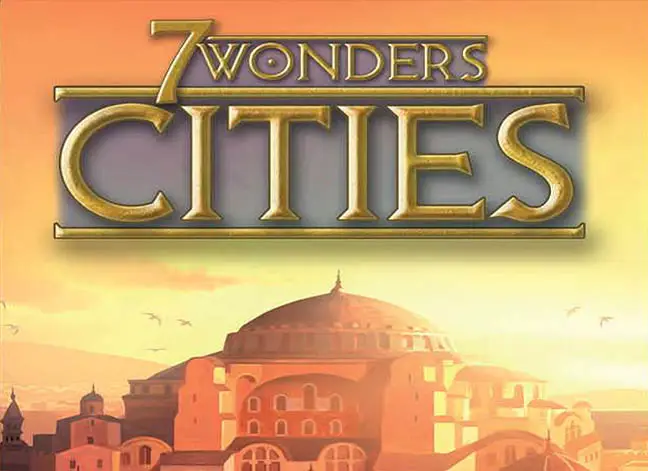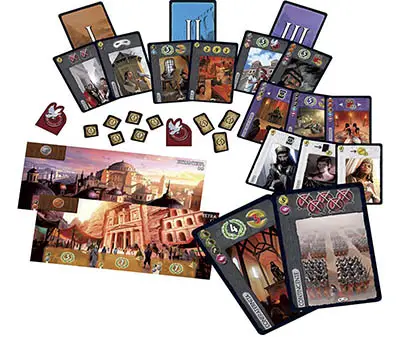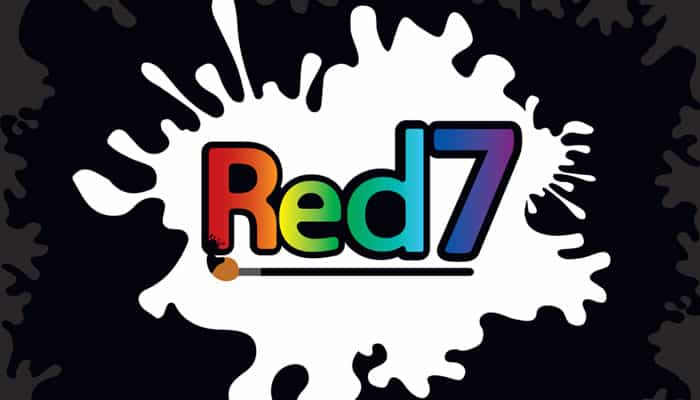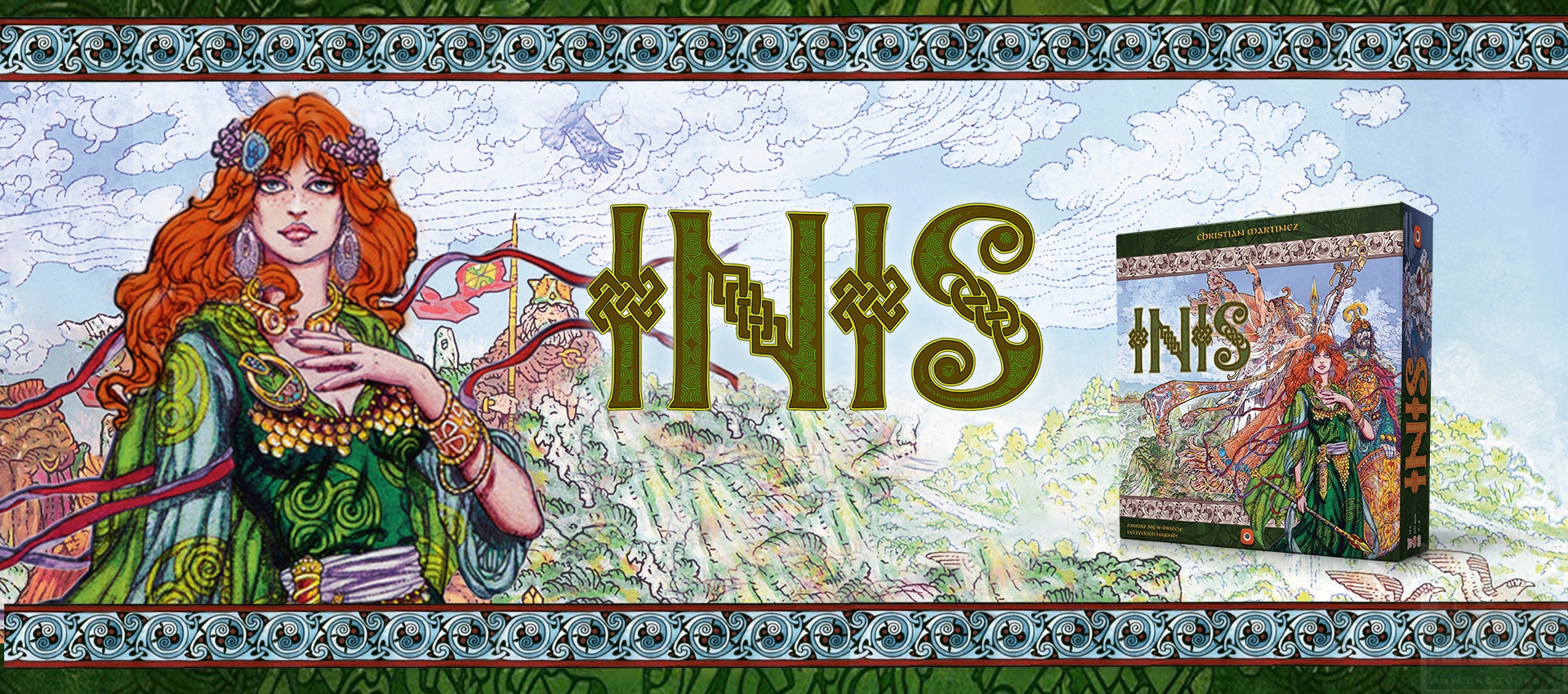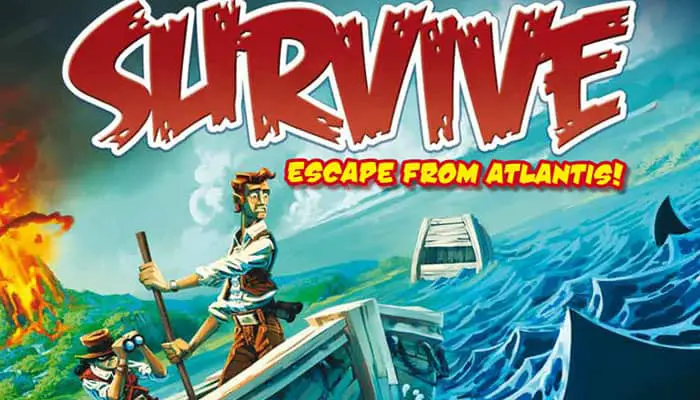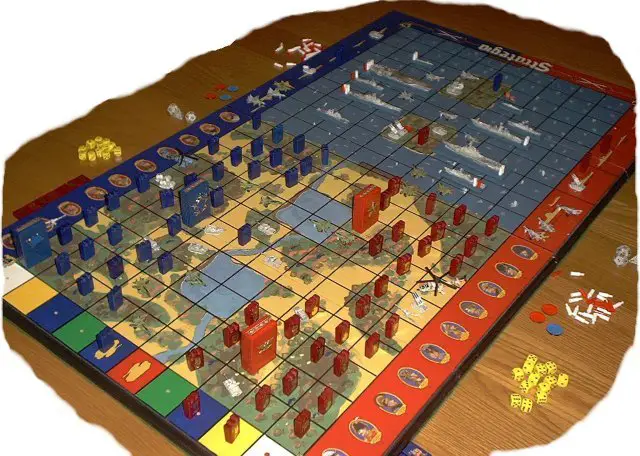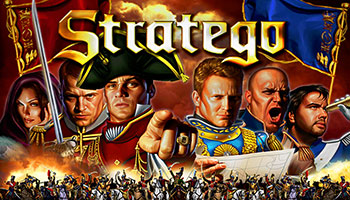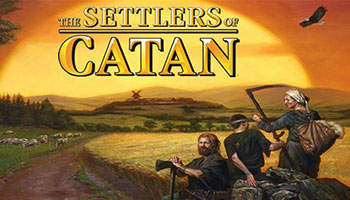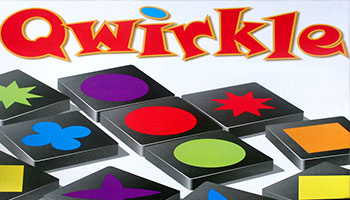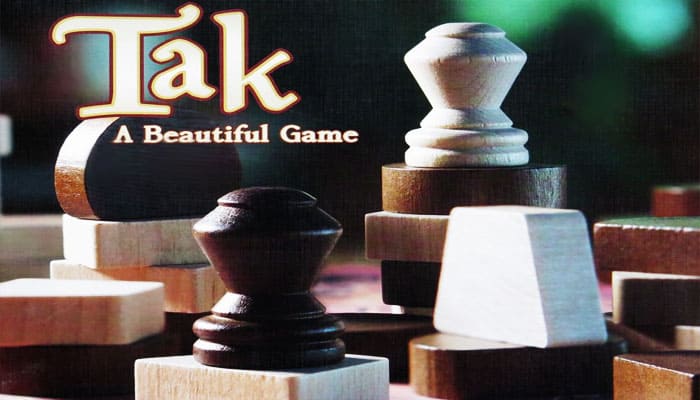

Components
52 wooden pieces (Flat stones, Standing stones, Capstones)
Game boards
Rulebook
There are two types of Tak piece: stones and capstones. Stones can be played in two ways: flat or standing.

Flat Stones: Usually, stones are played flat, as shown here.
Flat stones can stack, and they can count as part of a road.

Standing Stones: You can also place a stone on end, as shown here. Standing stones do not count as part of your road, and nothing can be stacked on top of them. …



